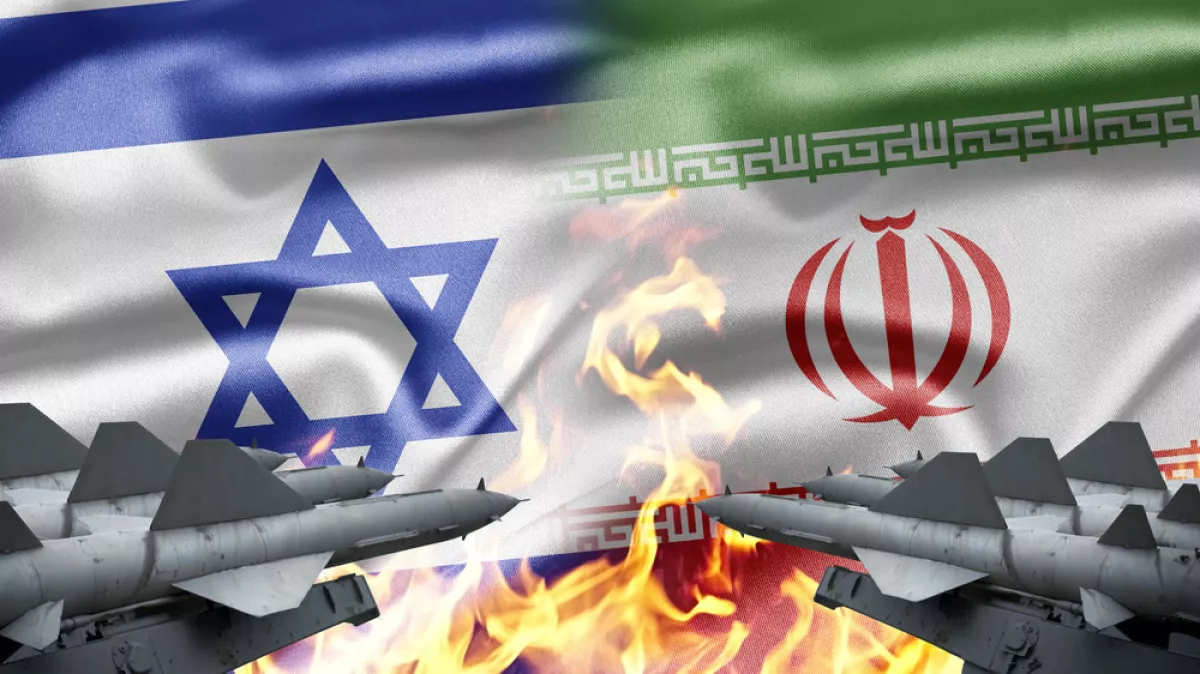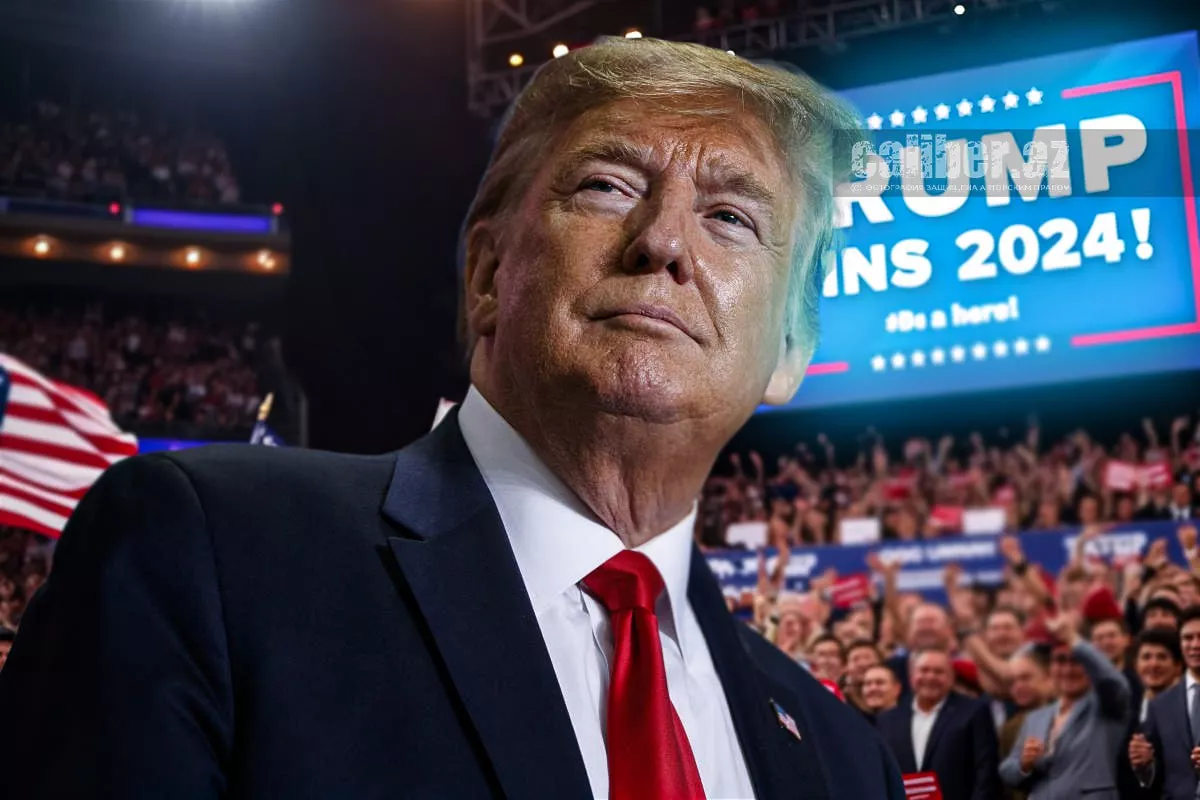Will Trump establish peace in the Middle East? Expert insight
In an exclusive interview with Caliber.Az, Israeli expert Yuri Bocharov, Israeli expert, political science candidate, and editor of the Aziznews.com website, offers insights into how a potential return of Donald Trump to the White House could reshape US foreign policy in the Middle East and beyond. With a focus on the Middle East peace process, US-China relations, and economic strategies, Bocharov discusses how Trump’s approach could impact Israel, Iran, and the broader geopolitical landscape, particularly in the South Caucasus.

— What do you think will change in US policy in the Middle East after Trump's election?
— The whole world is holding its breath in anticipation of Trump’s return to the White House. During his election campaign, he spoke about a drastic shift in the US stance toward the European Union, talked about ending the Russia-Ukraine war, and, of course, commented on Israel. Therefore, we all hope for a positive change in the situation, for the end of all military conflicts around Israel.
— Could you clarify what specific steps are expected in Israel from the new occupant of the White House?
— It’s important to remember that if the Hamas attack on Israel’s territory hadn’t occurred on October 7th last year, our country could have signed a peace agreement with Saudi Arabia within just three weeks. This would have granted Israel legitimacy not only in the region but throughout the Muslim world. Israel would have become an equal economic partner across the entire region for everyone. Therefore, in Israel, there are high hopes that Trump will fulfil his campaign promises of reducing the conflict. But for that to happen, the issue with the main sponsor of Hamas and Hezbollah—Iran—must be resolved first.

If Iran is removed from the "Axis of Evil," it will naturally lead to a reduction in all conflicts and the end of the wars in Gaza and Lebanon, and bring Israel back to the negotiating table with Saudi Arabia for a peace agreement. Essentially, this would open a new chapter for the entire Middle East.
— What actions might the US take on this issue?
— I believe the US won’t start a war against Iran, but they will likely tighten sanctions. This is the most probable course of action, given that Iran is an economic partner of China.
— And what will the relationship with China look like?
— Naturally, US policy will change significantly, or more precisely, it will return to the previous course of Trump's policy toward China. A trade war with China will most likely be pursued alongside a trade war with the European Union, as America, or more specifically, Trump and those who support him, want to eliminate the trade imbalances currently seen between the US and China, and the US and Europe.
— What can the world economy expect under Trump’s presidency?
— It’s difficult to predict the dollar's exchange rate and inflation in the US today. This will depend not only on Trump’s statements and the laws he passes but also on their actual implementation in the economy. For example, Trump promised to sharply increase oil and shale gas production in the US, which will naturally lower gasoline and fuel prices in America. However, this won’t happen immediately, although it could have a significant impact on Europe later on. The stock market may react sharply to Trump’s economic statements, but these will likely be speculative jumps, as the actual changes will occur in the next six months or possibly later.

— Should we expect significant changes in US policy toward the South Caucasus?
— Naturally, the shift in US positions on the Russia-Ukraine conflict and relations with Iran will indirectly affect Washington’s stance on the South Caucasus situation. However, it’s important to remember that Trump will face two economic wars ahead—one with the EU and another with China. Through the South Caucasus, specifically through Azerbaijan, two key transport routes run from China to the EU and from the Persian Gulf via Iran and Russia to the EU. What plans Trump has regarding this crossroads in Azerbaijan remains unclear. However, it’s possible that his opposition to NATO could disrupt the West’s plans in the South Caucasus. This could reduce tensions in the region and make life significantly easier for everyone here.








